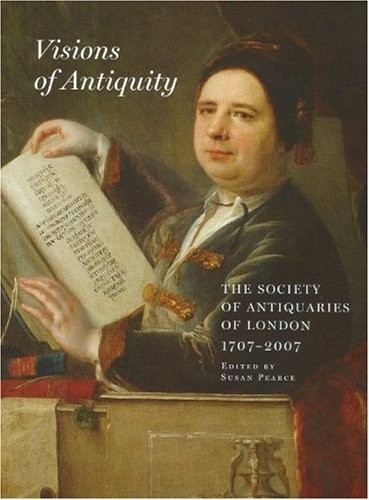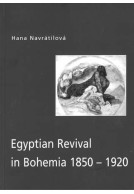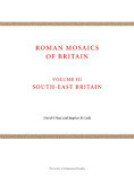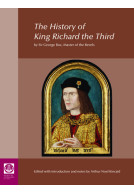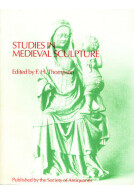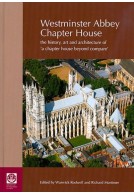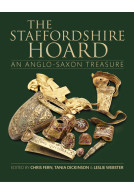Visions of Antiquity (Hardback)
The Society of Antiquaries of London 1707-2007
Imprint: Society of Antiquaries of London
Series: Archaeologia
Pages: 463
ISBN: 9780854312870
Published: 4th September 2007
Script Academic & Professional
Series: Archaeologia
Pages: 463
ISBN: 9780854312870
Published: 4th September 2007
Script Academic & Professional
You'll be £10.00 closer to your next £10.00 credit when you purchase Visions of Antiquity. What's this?
+£4.99 UK Delivery or free UK delivery if order is over £40
(click here for international delivery rates)
Need a currency converter? Check XE.com for live rates
(click here for international delivery rates)
Need a currency converter? Check XE.com for live rates
This fascinating portrait of the Society of Antiquaries of London, founded in 1707, assesses the impact that individual Fellows and the Society as a whole have had in influencing the way we visualise and understand the past. There are, for example, essays on the Society's pioneering role in recording monuments and antiquities for posterity, in establishing the scientific and empirical basis of archaeological studies, in replacing Biblically based timeframes with a clearer understanding of deep time measured in millions of years, in drawing up the first legislation protecting ancient monuments, and in funding and publishing the great excavations of the last one hundred years, from Stonehenge, Maiden Castle, Richborough and Sutton Hoo to Aksum (Ethiopia) and Mons Porphyrites (Egypt). All the papers represent fresh and original scholarship and they tell us much about the Society's achievements (and some of the accompanying conflicts between personalities and ideas) over three hundred years. They are based on diaries, letters, minute books and confidential government papers and on portraits that chart the changing image of the antiquary from a figure of fun to heroic seeker of forgotten people and civilizations. Visions of Antiquity reveals astonishing echoes across time - from the repeated and continuing attempts to record all ancient buildings and monuments to the continuity of the title 'antiquary' to describe scholars who build bridges between different branches of knowledge based on the study of material remains of the past and of a Fellowship whose numbers have included prime ministers, bishops, peers and parliamentarians, as well as radicals and free thinkers, such as William Morris and many of the founders of modern conservation.
Customers who bought this title also bought...
Other titles in the series...
Other titles in Society of Antiquaries of London...







